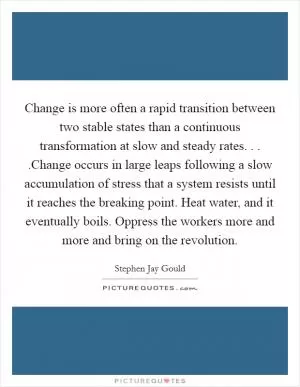The median is not the message

The median is not the message
In his essay "The Median Isn't the Message," renowned evolutionary biologist Stephen Jay Gould reflects on his personal experience with cancer and challenges the conventional wisdom surrounding survival statistics. Diagnosed with abdominal mesothelioma, a rare and aggressive form of cancer, Gould was given a grim prognosis of only eight months to live. However, he soon discovered that the median survival time for patients with this condition was significantly longer than the initial estimate.Gould's central argument in the essay is that focusing solely on median survival times can be misleading and detrimental to patients' well-being. He emphasizes that statistics are just averages and do not account for individual variations in response to treatment, overall health, and other factors that can influence outcomes. By fixating on the median, patients may overlook the possibility of defying the odds and living longer than expected.
Gould's own experience serves as a powerful example of this phenomenon. Despite being given a dire prognosis, he went on to live for another 20 years, far surpassing the median survival time for mesothelioma patients. Gould attributes his longevity to a combination of factors, including his positive attitude, access to cutting-edge medical treatments, and sheer luck. He argues that maintaining hope and a fighting spirit can have a significant impact on one's ability to overcome adversity.
"The Median Isn't the Message" is a poignant reminder that statistics are not destiny and that individuals should not be defined by numerical averages. Gould's essay challenges us to look beyond the numbers and embrace the uncertainty of life, recognizing that there is always room for hope and possibility. By sharing his own story of resilience and survival, Gould inspires readers to approach illness and adversity with courage and optimism, knowing that the future is never set in stone.












 Friendship Quotes
Friendship Quotes Love Quotes
Love Quotes Life Quotes
Life Quotes Funny Quotes
Funny Quotes Motivational Quotes
Motivational Quotes Inspirational Quotes
Inspirational Quotes